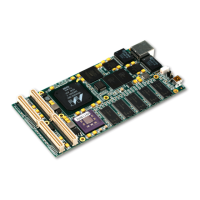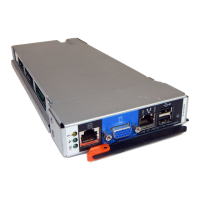2 MVS SP4.3 service. For example, ATBALC2
Therefore, your z/OS base control program (BCP) must be at least at the
indicated level to take advantage of these services.
The parameters for these services and the requirements for using them in
APPC/MVS transaction programs are described in z/OS MVS Programming: Writing
Transaction Programs for APPC/MVS.
Examples Using APPC/MVS Services
The following example illustrates the syntax for invoking an SAA CPI
Communications call under the CPICOMM host command environment:
CPICOMM Example
/* REXX */
ADDRESS CPICOMM ’CMALLC conversation_id return_code’
if return_code = CM_OK then say 'OK!'
else say 'Why not?'
The following example illustrates the syntax for invoking an APPC/MVS call under
the LU62 host command environment:
LU62 Example
/* REXX */
ADDRESS LU62 ’ATBDEAL conversation_id deallocate_type’,
’notify_type return_code’
Whenever you issue an SAA CPI Communications call or APPC/MVS call from a
REXX program, the entire call must be enclosed in single or double quotes.
SAA CPI Communications calls and APPC/MVS calls can use pseudonyms rather
than integer values. In the CPICOMM example, instead of comparing the variable
return_code to an integer value of 0, the example compares return_code to the
pseudonym value CM_OK. The integer value for CM_OK is 0. TSO/E provides two
pseudonym files, one for the LU62 host command environment and one for the
CPICOMM host command environment. These files define the pseudonyms and
their integer values. The LU62 pseudonym file is REXAPPC1, and the CPICOMM
pseudonym file is REXAPPC2. Both files are found in SYS1.SAMPLIB. You can
include this information from the pseudonym files in your REXX execs.
For more information about host command environments and pseudonym files, refer
to z/OS TSO/E REXX Reference.
Changing the Host Command Environment
You can change the host command environment either from the default or from
whatever environment was previously established. To change the host command
environment, use the ADDRESS instruction followed by the name of an
environment.
The ADDRESS instruction has two forms: one affects all commands issued after the
instruction, and one affects only a single command.
v All commands
Issuing Other Types of Commands from an Exec
106
z/OS V1R1.0 TSO/E REXX User’s Guide

